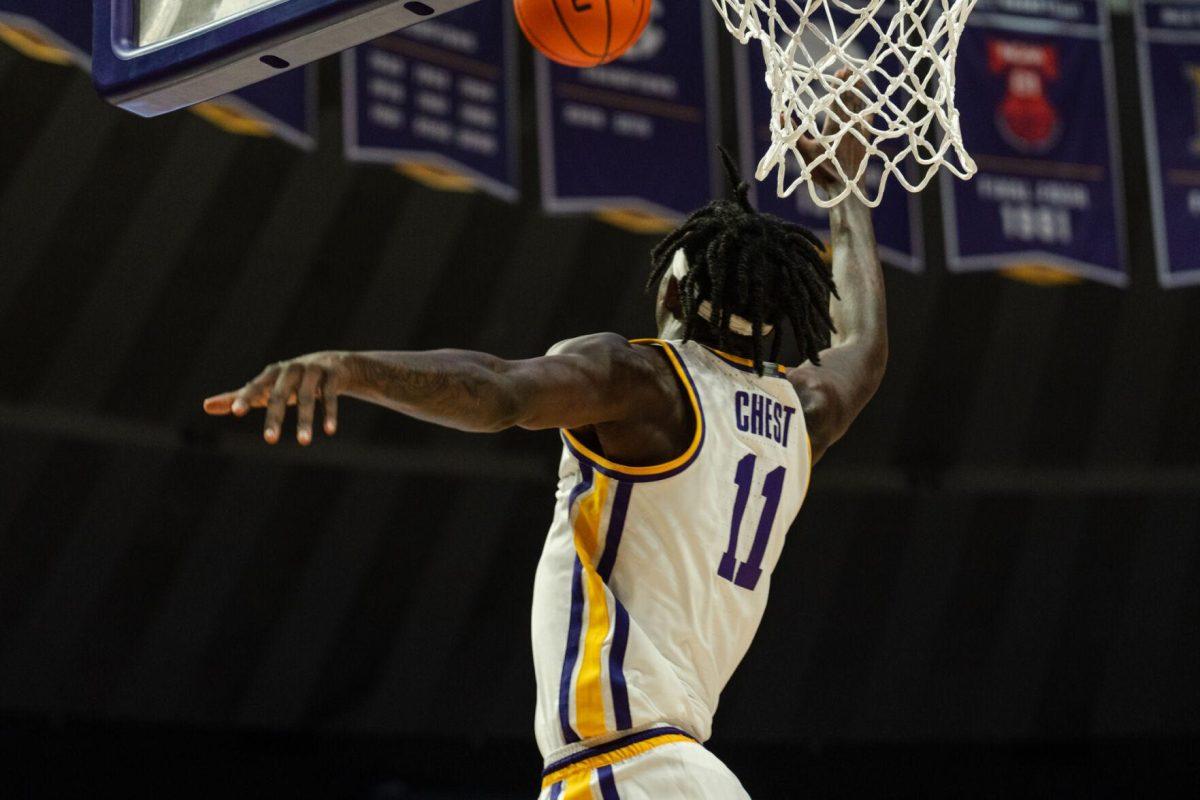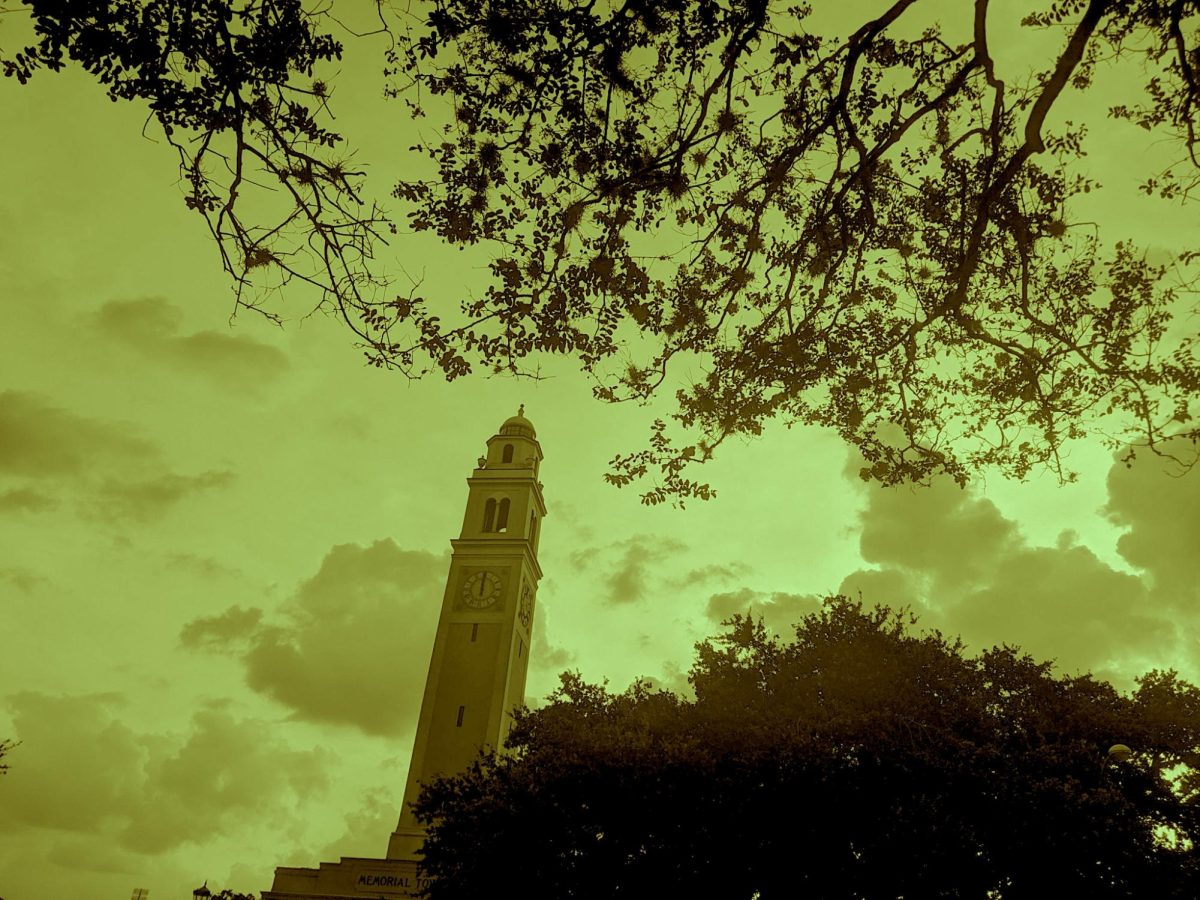Cell phone reception will receive a boost this semester with the arrival of new antennas throughout campus. The Board of Supervisors preliminarily approved the bids of Cingular Wireless and Alltel on Aug. 18 to place antennas on five sites scattered across the University. The additions are moves by the companies to improve service to cell phone users on campus. Cingular’s sites include the Life Sciences Building, Middleton Library, CEBA and Herget Hall. Alltel will have antennas on the Life Sciences Building. Both companies expect the antennas to be operational within three months. The contract reads that phone carriers will have an initial period of five years with an extension option for another five years. Alltel will lease the space and utility service costs at a monthly rate of $2,500; Cingular’s monthly rate will be about $2,147. The potential revenue for LSU over 10 years is $1.4 million. Bad service appears to be the main reason for the contracts. Director of Energy Services Peter Davidson said his office received complaints over the years about dead zones – areas where cell phone service is unavailable. “This deal is a response to complaints vendors have been getting,” Davidson said. Andrew Moreau, vice president of corporate communication at Alltel, said his company was looking for ways to reach more customers at the University. “We’ve worked diligently on efforts to expand coverage and capacity – meaning putting in place a cell site that will cover more area and allow more calls to go through,” Moreau said. “We want to expand our ability to reach faculty and students.” Cingular’s new antennas will be an addition to those at Tiger Stadium and the Alumni building. The program is part of Cingular’s $165 million expansion plan for Louisiana. Cingular spokesman Dawn Benton said feedback from customers is among the things the company looked at while making its decision. “We believe that what we’ve done will give us ubiquitous coverage while strengthening in-building reception,” Benton said.
Many students on campus said they have no problem with their phones. Christian Carroll, petroleum engineering junior and two-year Cingular customer, said he had no difficulty making calls from the University. “I don’t think the extra antennas are necessary except during football games,” said Carroll. “Still they just might be needed if there’s another hurricane.” Both companies said they would be working within the safety limits specified by both the Food and Drug Administration and the Environmental Protection Agency. Davidson said the low wattage of the transmitter will result in minimal exposure to radiation, even less than that produced by KLSU, the University radio station.
—–Contact Freke Ette at [email protected]
Cell phone companies aim to reduce dropped calls
By Freke Ette
August 27, 2006





